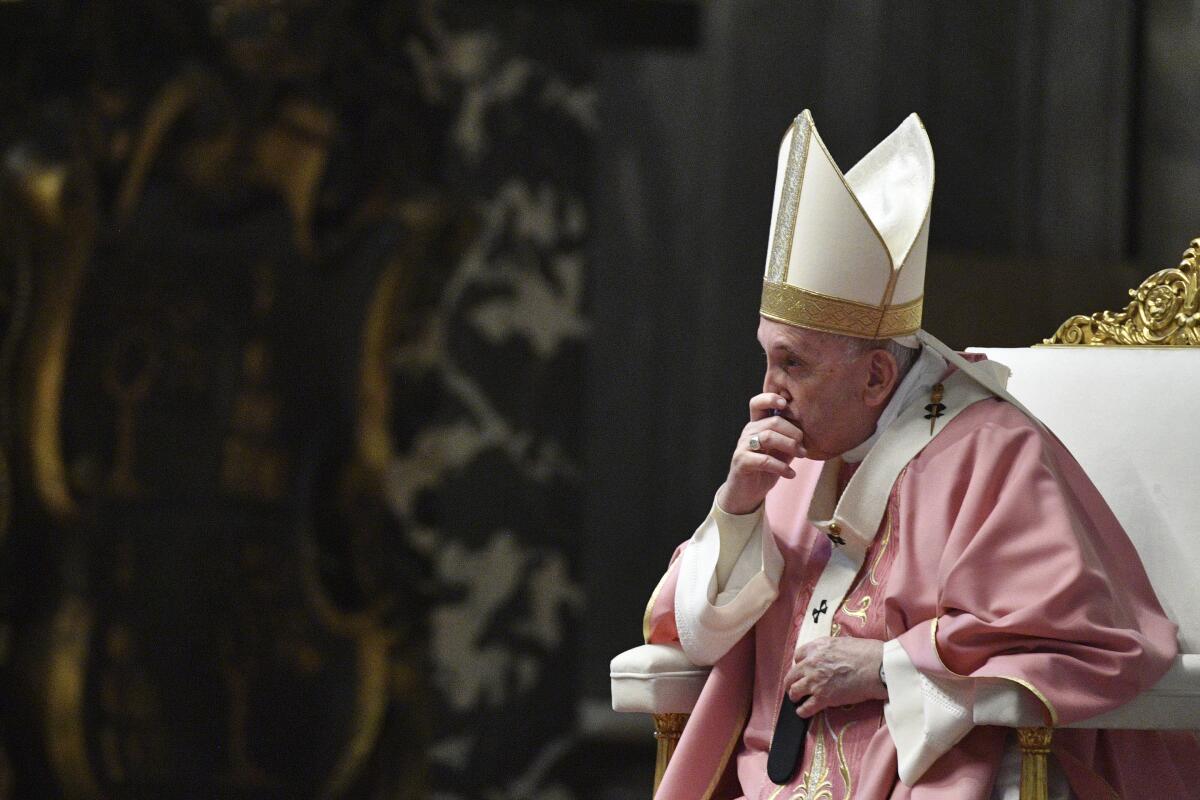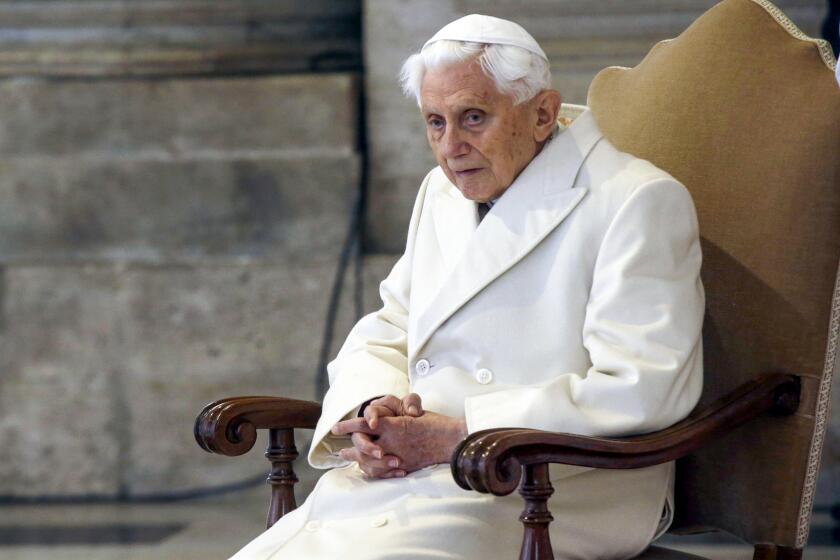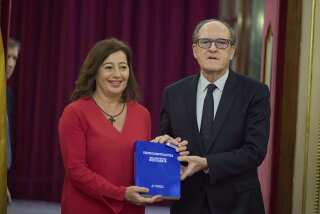Portugal church sex-abuse panel receives more than 200 allegations so far

- Share via
LISBON — A lay committee looking into historical child sex abuse in the Roman Catholic Church in Portugal said Thursday that it had received allegations from 214 people during its first month of work.
The allegations are from people born between 1933 and 2006 and tell of psychological torment kept secret for decades, the Independent Committee for the Study of Child Abuse in the Church said.
“This suffering is associated with feelings of shame, fear, guilt and self-exclusion, reinforcing the idea of lives where the sensation of ‘standing on the sidelines’ was always present,” the committee said in a statement.
Portuguese church officials said two years ago that authorities had investigated only about a dozen allegations of sexual abuse involving Portuguese priests since 2001. More than half of those cases were dropped because church investigators decided there wasn’t enough evidence to pursue them.
The six-person committee, which includes psychiatrists, a former Supreme Court judge and a social worker, promises anonymity for anyone who comes forward. It officially began its work Jan. 1.
The committee, which will report to the Portuguese Bishops’ Conference at the end of the year, says its task is to study what child sex abuse has occurred, not launch formal investigations.
The retired pontiff asked for pardon for any “grievous faults” in his handling of clergy sex-abuse cases while he was archbishop of Munich, Germany.
Many of the allegations suggest a strong possibility that other children may have been victims of the same abuser, the statement said.
The witness statements were received online, with alleged victims filling in a form on the committee’s website, or speaking by phone or in face-to-face interviews.
Allegations came in from across the country, the committee said, as well as from Portuguese now living in the U.S., Canada, Britain, France, Luxembourg and Switzerland, where there are large Portuguese immigrant communities.
Because most statements were received online, the committee is stepping up its efforts to reach people in less-developed areas of the country who may not be used to using technology.
It is recruiting the help of charities, civic associations and parish councils, among others, to help get the word out.
More to Read
Sign up for Essential California
The most important California stories and recommendations in your inbox every morning.
You may occasionally receive promotional content from the Los Angeles Times.











